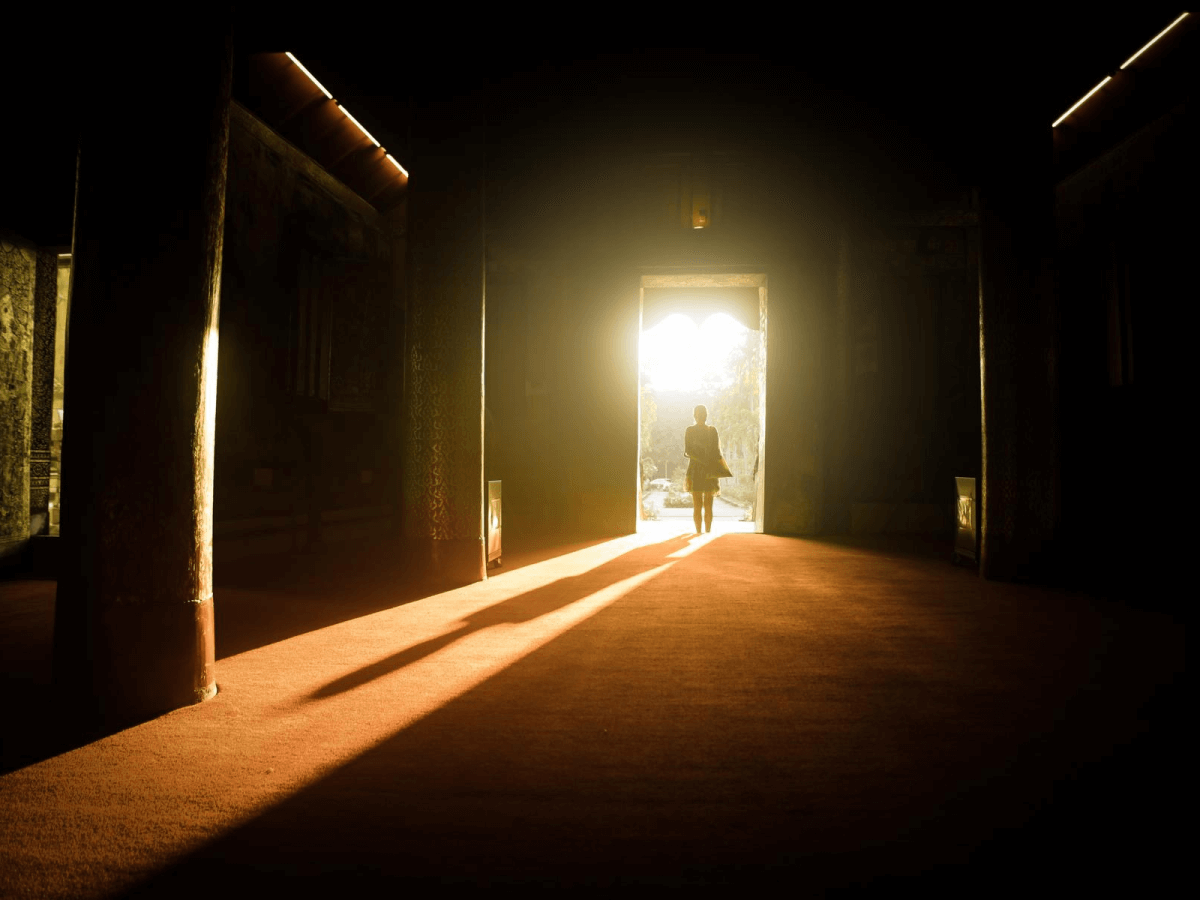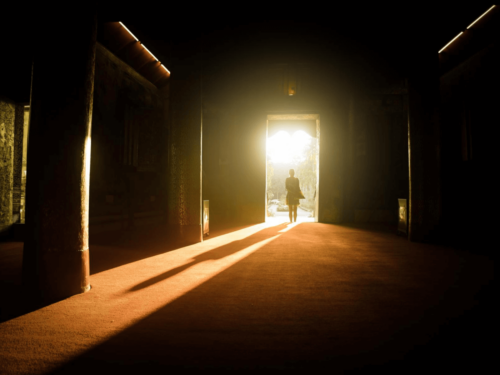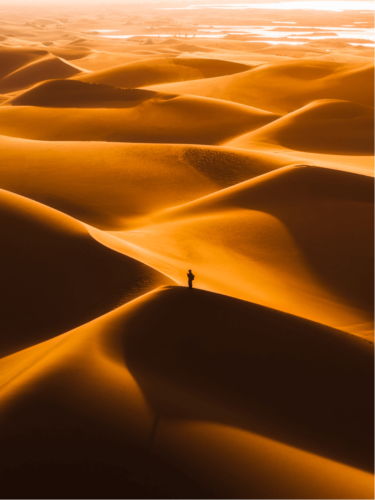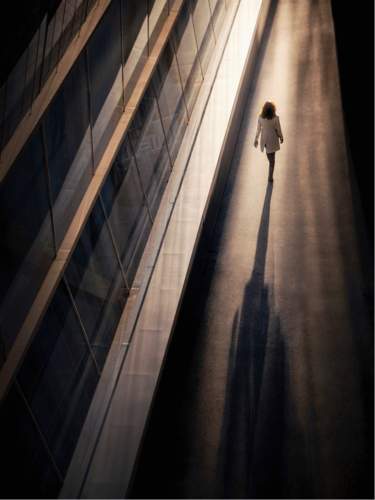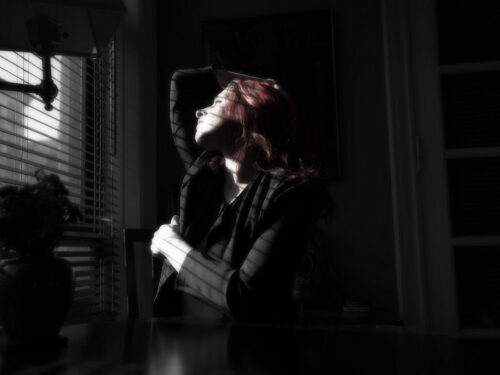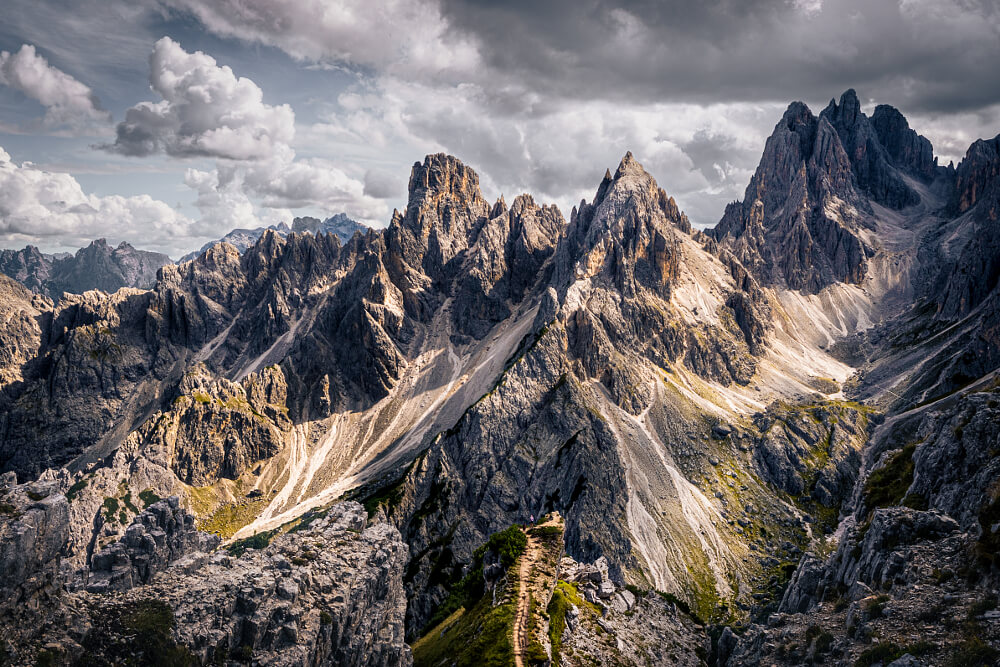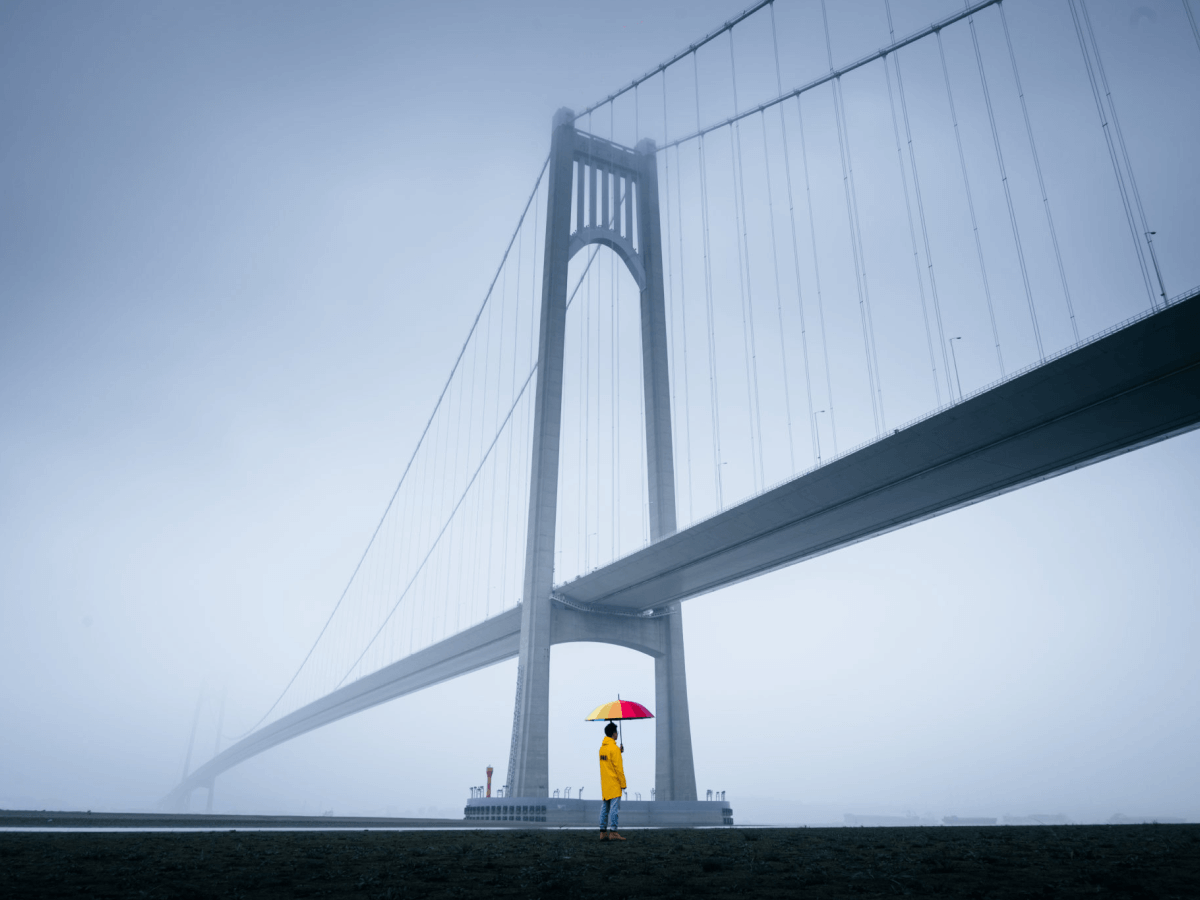Creating emotion through photography often hinges on one key element: lighting. When harnessed with intention, shaping mood with dramatic lighting and contrast can transform ordinary scenes into powerful visual narratives. From cinematic portraits to atmospheric still life, this technique allows photographers to control not just the exposure but the emotion.
Why Shaping Mood with Dramatic Lighting and Contrast Works
Whether you’re capturing a contemplative portrait or a moody architectural shot, shaping mood with dramatic lighting and contrast helps guide the viewer’s eye and emotional response. A single, focused beam of light, paired with deep shadows, can suggest mystery, solitude, or even quiet strength. The interplay between highlights and darkness tells its own story.
Pro Tip: Work With Shadows, Not Against Them
Instead of eliminating shadows, embrace them as part of your composition. Shadows add dimension, create tension, and amplify emotion, making them essential in shaping the atmosphere of your image.
Lighting Techniques That Add Drama
Here are a few effective methods:
- Split Lighting: Light one side of your subject while the other falls into shadow. This adds intensity and a cinematic quality.
- Backlighting or Rim Lighting: Create a glow around your subject while allowing the face or front to fade into shadow.
- Hard Light vs. Soft Light: Use hard light for harsh, striking contrast, or soft diffused light for more melancholic moods.
- Low-Key Lighting: Underexpose most of the image except for small areas of light to create a dark, moody aesthetic.
Whether indoors or outdoors, direct your light with intention. Window light, flashlights, reflectors, or even a phone flashlight can help craft the right balance of light and dark.
Editing to Enhance Mood and Contrast
Post-processing plays a key role. Here are a few editing adjustments to try:
- Increase Blacks and Highlights to create dynamic range without overexposing.
- Dodge and Burn to emphasize focal areas and shape the light.
- Use Tone Curves to fine-tune shadows and highlights for dramatic effect.
- Adjust White Balance for emotional tone; cool for eerie, warm for intimacy.
Final Thoughts
When it comes to creating compelling, emotional imagery, shaping mood with dramatic lighting and contrast gives photographers the creative power to influence perception. Light isn’t just about visibility, it’s about impact. Through thoughtful use of shadows, contrast, and controlled illumination, you can take your storytelling to an entirely new level.
Extended reading: Creating depth and drama with moody photography

